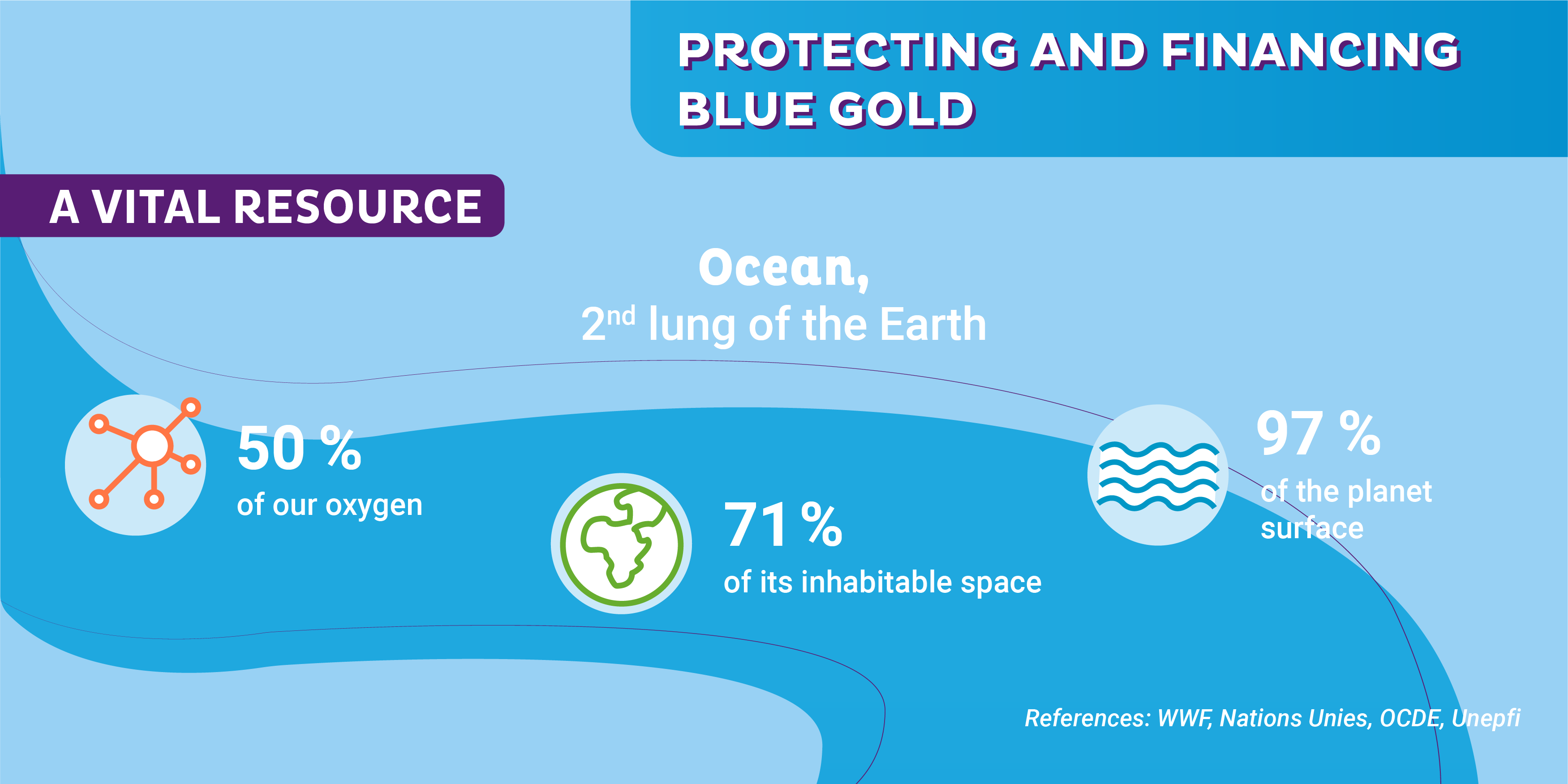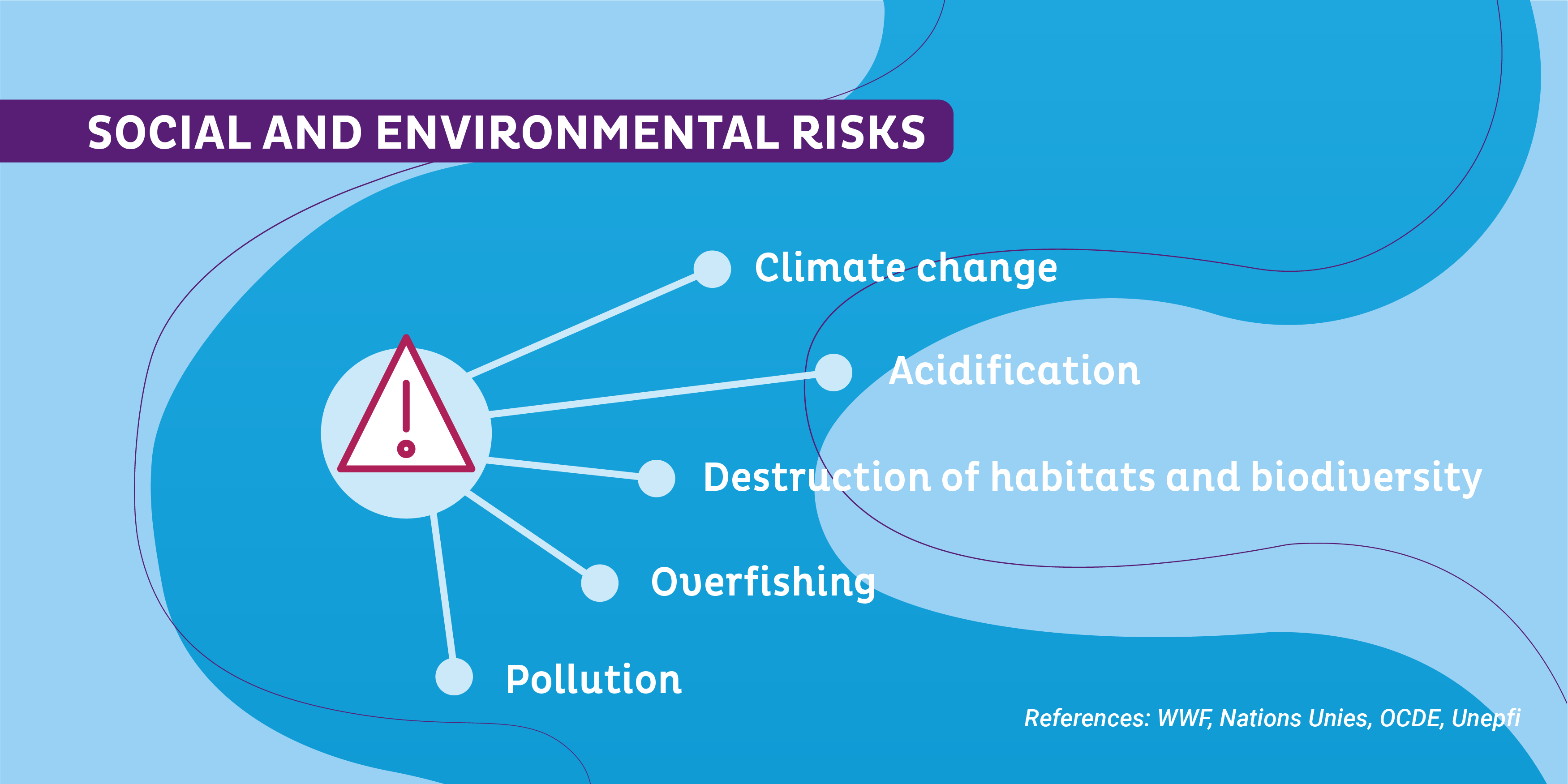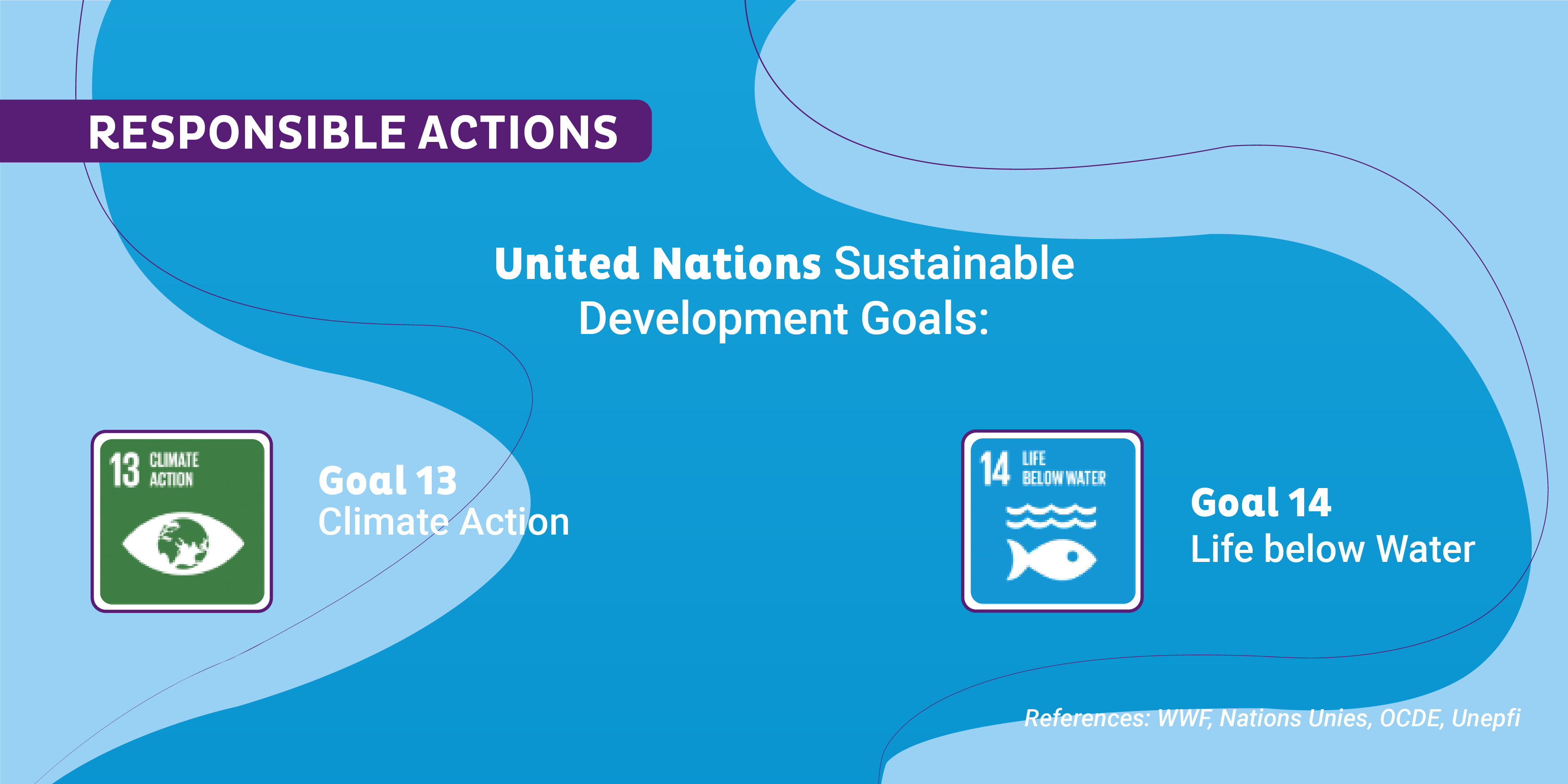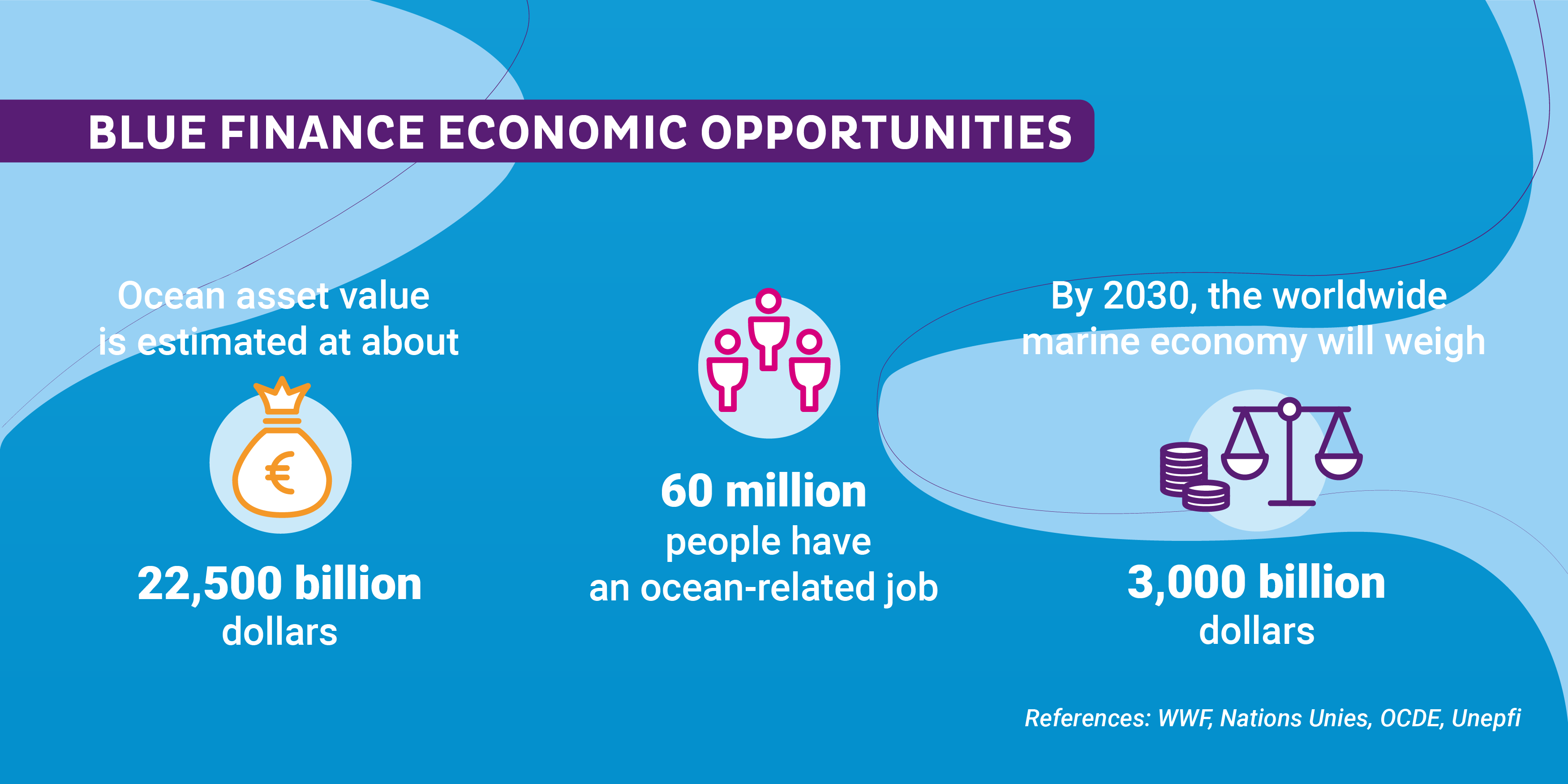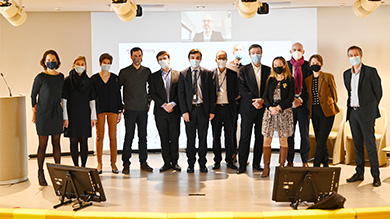Water is an essential resource: it is considered as the second lung of the planet, which stocks and recycles carbon, supplies 50% of our oxygen, and regulates the climate. Our lives, our societies and our economies depend on the good health of water. Unfortunately, water is abused: for instance, 8 million of tons of plastic are dumped into the ocean every year. Faced with climatic and environmental emergencies, how can finance protect the marine and oceanic ecosystem? In this Green Momentum podcast, David Sussmann, Head of Pure Ocean and Arnaud Bisschop, co-founder of Thematics Asset Management and Fund Water manager are here to discuss this question.
The challenges of water: a major financial stake
Let’s look at a few indicators to have a clearer view of the current marine and oceanic situation. Did you know that plastic waste dumped into the sea takes up to a thousand years to disintegrate? Each and every year, plastic waste present in water causes the death of over a million marine birds and over a hundred thousand marine mammals. Ocean represents 71% of the Earth surface and accounts for 97% of its inhabitable space, directly nourishing 3 billion people. Our water resources are threatened by numerous factors: climate change, acidification, pollution, destruction of habitats and biodiversity, overfishing etc.
But the survival of our economic system depends mainly on that of our natural ecosystems. The good health of the oceans is full of opportunities for players in the field of sustainable finance. Indeed, nowadays, 60 billion people have an ocean-related job. According to OCDE estimations, the global maritime economy will weigh almost 3 000 billion dollars by 2030. The algae market alone could reach 9.3 billion euros in Europe creating 115 000 jobs by 2030. Thus, the blue economy growth must be associated with better management of water resources. So, the question is: How can we couple good financial health with the protection of environments and communities depending on water resources?
The rise of blue and sustainable finance
To achieve this goal, finance plays a key role in the marine and oceanic environments protection. This entails financing industries, which preserve and maintain water resources and its biosphere. Blue finance scope is wide: transportation decarbonation, marine energies, zero pollution, recovery of resources, solutions inspired by the nature to protect coasts and to sequester carbon, blue and sustainable biotechnologies – like algae, aquaculture, marine protection and exploration technologies, sustainable fishery, and ecotourism. All these activities help in financing the marine ecosystem in the long run while answering to this objective: transform decarbonation and sustainable marine resource exploitation into shared benefits and opportunities for the planet.
The EU Commission, along with UNEP-FI, BEI, World Resource Institute and WWF have defined in 2018 the main principles of sustainable blue finance, which set standards on the international stage. Most recently, these principles have been completed by the Sustainable Development Goals (SDG) set by the United Nations with notably the SDG 14 concerning Life below Water and the SDG 13 about Climate Action. The European Commission is working on a sustainable finance taxonomy to specify the eligible assets for green finance. Regarding the marine sector and biodiversity, technical discussion is still ongoing. In the meantime – until European directives are officialized – blue finance is already being developed.
Blue finance democratization: a collective awareness
Blue economy is an environmental theme linked to the preservation of natural capital. It covers a strong social dimension as well: fish stocks access for coastal populations, air and plastic waste pollution reduction, coastal ecosystems protection and ecotourism-related jobs creation. Public commitment is highly needed to strengthen the public and private investors knowledge about these blue finance opportunities. Various methods and means are at work: policy framework and incentives to finance innovation, risk capital creation with public investors to create industrial branches accordingly, new investment assets development like blue bonds, and risks sharing between public and private players to fund mature technologies into greening marine activities etc. Blue finance is riding on the wave of the transition economy. It offers a growth potential, in terms of jobs openings and innovations, with a positive impact for our current and future worldwide societies.







